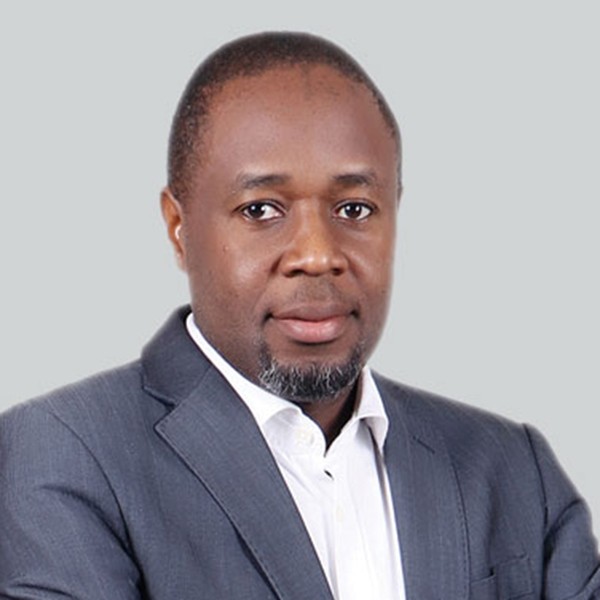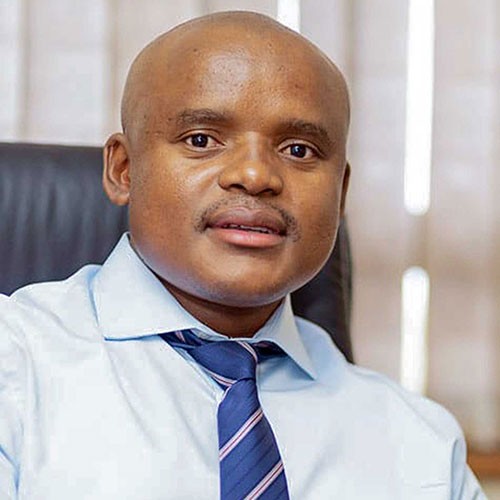
Uniform global reporting standards will make it easier for preparers to report on the effects of entities’ activities on the environment and, crucially, assist users of financial statements, particularly providers of finance, in their decision-making. They are, therefore, an important step in the battle against climate change.
Back at COP27 in 2022, Nigeria announced its intention to be an early adopter of IFRS Sustainability Disclosure Standards (IFRS SDS) – see panel – to be set out by the International Sustainability Standards Board (ISSB). As such, it was the first African country to declare readiness to adopt. Kenya followed suit, with these two African pacesetters joining others, including Australia, Brazil, Hong Kong, Japan, Mexico, Singapore and the UK, in the vanguard.
Nigeria acts
It’s encouraging to see that the African early adopters have begun to implement the Sustainability Disclosure Standards (SDS). Last month, the Financial Reporting Council of Nigeria (FRC) and the Nigerian Exchange (NGX) launched a roadmap for sustainability reporting in the country, providing a guide for listed entities choosing voluntary adoption for the accounting periods between 2024 and 2026, with mandatory adoption billed for 2027. The FRC will help guide early adopters by conducting readiness tests.
IFRS SDS
Launched by the ISSB in June 2023, the IFRS Sustainability Disclosure Standards (IFRS SDS) provide a global baseline for sustainability-related disclosures for companies. The standards are voluntary for reporting periods beginning on or after 1 January 2024, becoming mandatory from 1 January 2026.
IFRS S1, General Requirements for Disclosure of Sustainability-related Financial Information requires an entity to disclose sustainability-related risks and opportunities that could reasonably be expected to affect its cashflows, and access to, and cost of, capital.
IFRS S2, Climate-related Disclosures requires an entity to disclose information about its climate-related risks and opportunities that is useful to users of its general-purpose financial reports in making decisions relating to providing resources to the entity.
In Kenya, the Institute of Certified Public Accountants of Kenya (ICPAK) and the Capital Market Authority (CMA) have also set out on a series of moves towards implementation of IFRS SDS. ICPAK launched the standards last September and established a multi-stakeholder Sustainability and Climate Change Reporting Committee, which is to work with the institute’s Professional Standards Committee and other technical and sector-specific sub-committees to enhance the capacity of preparers and users of financial reports in interpreting and relaying sustainability and climate change-related disclosures.
National agencies have collaborated with the ISSB on raising awareness
The CMA is part of the Sustainability and Climate Change Reporting Committee, which is to spearhead the adoption, transition and full implementation of IFRS SDS in Kenya. It has also put in place an Environment, Social and Governance & Carbon Markets Project Implementation Committee to steer the implementation of an ESG framework. Last month, ICPAK, the CMA and Nairobi Stock Exchange collaborated with the ISSB to host a forum to raise awareness of IFRS SDS.
Role for accountants
It is good to see that the efforts of Africa’s early adopters are being supported by their governments. Accountants and finance professionals also have a huge role to play. As a starting point, they should study the IFRS SDS in detail and get a good understanding of the requirements. Armed with this information, they should review the implications of adoption for their organisations and those they serve. What risks does adoption carry? Accountants and finance professionals are well placed to provide guidance and should position themselves as subject matter experts, raising awareness and helping build knowledge and capacity.
Sustainability reporting is a positive step. In entrenching it, professional accountants and reporters must lead from the front.
More information
Register to watch ACCA’s half-day conference ‘Enabling professionals to create sustainable organisations’, live on World Earth Day (22 April) or on demand
Read AB’s article on the IFRS Foundation’s recent sustainability symposium
See ACCA’s report Sustainability reporting – the guide to preparation



